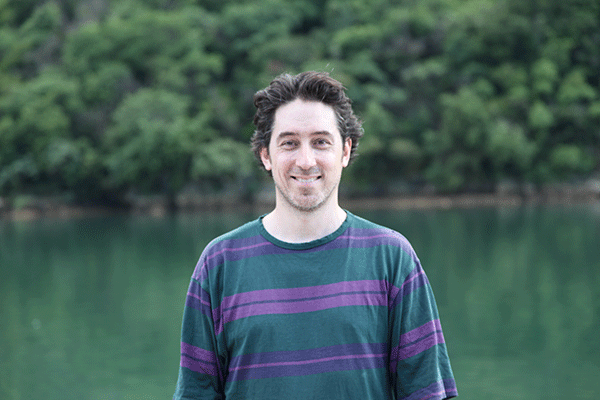The Beginning of Hope: Restoring Civil Discourse
By Dino Sossi (Ed.D. '15, M.A. '14, M.Ed. '14)

[ Post-Election America: Read more commentary on the election from Teachers College ]
Following a seemingly endless presidential campaign, emotions have spilled across longstanding party lines, with collateral damage reaching far beyond the spheres of political insiders. Adding to the strains of Brexit, the global refugee crisis and racial tensions in the United States and elsewhere, the campaign’s hateful rhetoric has inflicted sharp emotional pain around gender, race, religion, geography and other flashpoints among the voting public. Normal political decorum has clearly been violated; a sense of fear and foreboding is widespread; and anger is close to the surface.
"We are incredibly privileged to call TC, with New York as its diverse cosmopolitan backdrop, our intellectual home. Within the confines of this safe space, we can frankly discuss important issues without reprisal. In exchange for this great gift, we must extend our respectful dialogue to the wider population."
Social media – often so valuable in uniting people – has frequently amplified the discord sewn by both campaigns and partisan news sources. In another strange irony, while it has become easier than ever before to communicate globally, we are losing the ability to communicate honestly and openly with those closest to us – our fellow citizens.
Strange though it may seem, changing the tone of the national conversation may depend more on those of us who backed the losing candidate. We can begin modeling that behavior here at Teachers College.
We are incredibly privileged to call TC, with New York as its diverse cosmopolitan backdrop, our intellectual home. Within the confines of this safe space, we can frankly discuss important issues without reprisal. In exchange for this great gift, we must extend our respectful dialogue to the wider population.
"When your candidate loses, it’s easy to doubt the electoral process. Yet by defying the pollsters’ predictions, this election shows that democracy works in unique and unpredictable ways."
Democracies, and the political processes that beget them, are messy and tumultuous affairs. If we believe in the liberating effects of free expression and the sanctity of democracy, we must tolerate expression of all views, not just those we prefer. In a large diverse country, we must go beyond our friends and families to seek out others who are different from us and learn their concerns. Deep communication is based on intimately knowing the other; his or her hopes, fears, and dreams. Ideally that knowledge leads us to reconsider and reshape our own ideas, persuade those who disagree to listen anew, and, ultimately, meet somewhere in between.
Many believe this election was a lost opportunity; that President Obama’s considerable achievements will be undone and the next four years will be wasted or worse. Yet only by fully exposing the deep fissures in our divided country can we address them. Instead of further separating us, perhaps this election is a call for us to come together.
When your candidate loses, it’s easy to doubt the electoral process. Yet by defying the pollsters’ predictions, this election shows that democracy works in unique and unpredictable ways. Instead of avoiding the fray, strengthen your political involvement and make your citizenship mean something more than pulling the poll booth lever once every four years. The future of the world depends on the force of your conviction and the eloquence of your advocacy.
The candidate of hope is leaving office, but hope for the future of this country isn’t leaving with him.
Former TC Instructional Technology student Dino Sossi (Ed.D. '15, M.A. '14, M.Ed. '14) is an Adjunct Assistant Professor at Columbia’s School of International and Public Affairs.
Published Wednesday, Nov 23, 2016